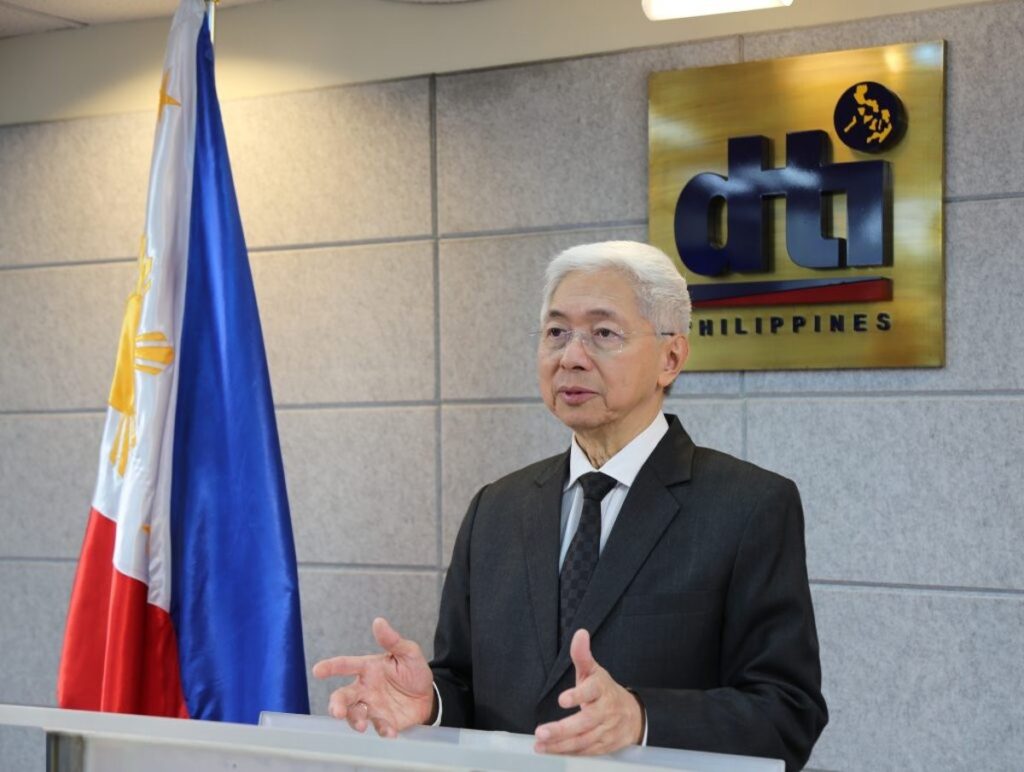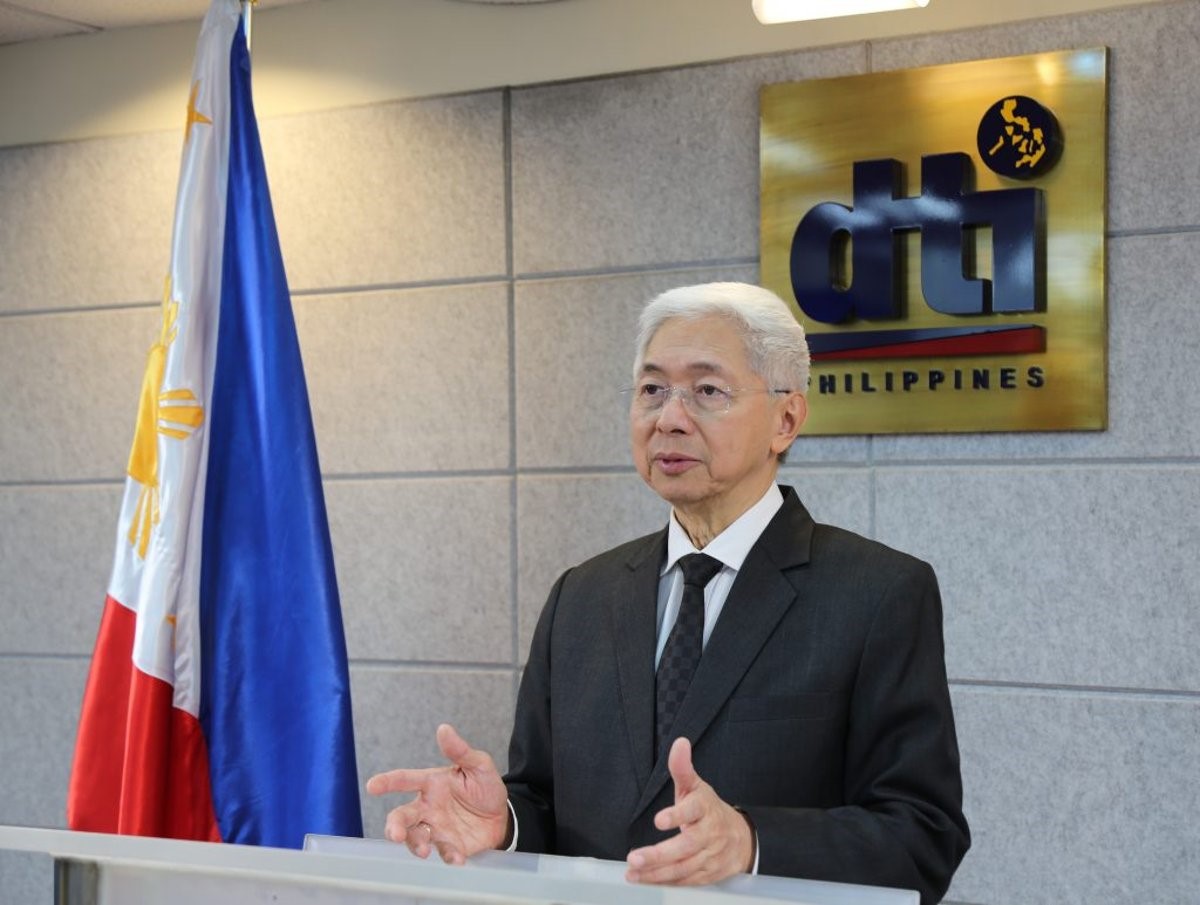by Jan Michael Carpo, Reporter
President Ferdinand Marcos Jr. presided over a sectoral gathering at the Malacañang recently, where Department of Trade and Industry (DTI) Secretary Fred Pascual unveiled the 2023–2028 Micro, Small, and Medium Enterprises (MSME) Development Plan, a crucial stride toward fostering economic growth and innovation.
In attendance were notable representatives from various governmental departments, including the Office of the President, Labor and Employment, Science and Technology, Budget and Management, Interior and Local Government, and Agriculture.

DTI Secretary Fred Pascual
This recently revealed plan marks the fourth iteration of the national MSME strategy, integrating modern digital solutions to uphold the legacy of structured economic assistance. President Marcos Jr. has tasked the DTI with infusing digital technologies and artificial intelligence (AI) into the strategy to bolster MSME capabilities, enabling them to thrive amidst rapid technological shifts.
Secretary Pascual remarked, “The new MSME Development Plan transcends mere policy; it is a roadmap for the future, ensuring our enterprises’ resilience, innovation, and competitiveness.”
“By prioritizing digitalization, we are preparing our MSMEs for the demands of the contemporary economy, securing their ongoing contribution to our nation’s progress,” Secretary Pascual further stated while underscoring the pivotal role of MSMEs in the Philippine economy, where they represent 99.59% of enterprises and 65.1% of jobs.
Crafted through extensive consultations with diverse stakeholders, the strategy establishes a forward-looking framework that addresses immediate MSME needs while positioning them as pioneers in the digital economy.
President Marcos Jr. asserts that the MSME Development Plan will equip companies with AI and digitization tools, thus bolstering industries responsible for over 65% of employment. He also emphasized that the primary objectives of introducing AI technologies are to simplify business processes and ensure ease of engagement with MSMEs.
Innovative initiatives
Among the new initiatives outlined in the MSME Development Plan are the establishment of Business Starter Support Programs and the institutionalization of Shared Services Facilities. These endeavours aim to reduce operational costs and remove barriers for aspiring entrepreneurs, respectively.
The plan underscores technology’s significance by incorporating AI-powered solutions such as a Machine Learning-based Credit Scoring Model, expediting loan approvals for small businesses.
Secretary Pascual stressed that President Marcos Jr.’s vision of creating a globally competitive MSME sector will be bolstered by strategically integrating these initiatives, fostering a cohesive support network that enhances productivity and competitiveness.
Financial management strategies
Secretary Pascual outlined additional financial measures critical to the plan’s success. This includes a substantial increase in the Small Business Corporation’s capitalization, enhancing its capacity to lend and support rapidly expanding MSMEs.
To aid MSMEs in managing cash flow and fulfilling larger orders, the plan introduces purchase order (PO) financing and institutionalizes funding support for microenterprises through the DTI’s “Pondo Para Sa Pagbabago” program. AI-powered financial platforms will further complement these financial strategies, ensuring MSMEs access efficient and accessible financial services.
Collaborative efforts for a sustainable future
Secretary Pascual remarked, “The new MSME Development Plan reflects our government’s dedication to fostering a dynamic business environment that nurtures innovation and inclusivity.”
Still, according to the secretary, the aim is to cultivate a resilient MSME sector that’s capable of navigating present and future challenges through coordinated efforts across governmental levels and leveraging digital technology
The effective implementation of this plan, in line with the ASEAN Strategic Action Plan for SME Development and the Philippine Development Plan, is expected to increase MSME registration, enhance job creation, and elevate MSMEs’ overall economic contribution in the Philippines.








